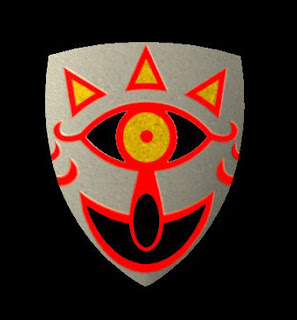There is a trepidation to be found in the holy city of Wilmore, Kentucky. Outwardly the small town carries itself to be a place of spiritual excellence and vitality. After all, it holds both a Christian or "conservative" arts college (Although they will tell you they are a rather prestidgious university) and a Wesleyan theological seminary. Much of the land within the town has been owned or subcontracted to these two pillars, and as a result much of the population believes and conveys that just as these two organizations are undeniably performing the Lord's work, such also are they. This is most often conveyed metaphysically through subconscious behavior and attitudes, but can also be found manifest through both the egotistical and capitalist advertizing and slogans scattered across the town's landscape as well as in the very conversations of residents.
A false self-awareness can be heard from the lips of her heard of villagers. In fact the very nikname "The Holy City" is one of the most common found at the seminary. The supposed irony lies in the comparison of their beloved Wilmore to bulwarks like Jerusalem, Rome, or for the Southerner, Charleston, South Carolina. Clearly Wilmore resembles these cities in no way. Where these cities shine as the eyes, jewels, and serve as the foreland to the hinterland, Wilmore conversely hides in the shadow of a shadow, resting beyond the hinterland of Nicholasville which already serves as the hinterland to Lexington. Furthermore, these cities play and have played significant roles in the religion of their people for much of their existence primarily by drawing pilgrims and others to them. A University and College do the opposite of this by sending people away from the city after they have scraped up what it has to offer. While the seminarians who crack these jokes regularly find this to be a good bit of irony, the issue is that not only does the instrumentally-thinking majority struggle to conceive this, but the seminarians themselves hold this underwhelming jest to be a truth in their hearts.
I take revulsion at this notion (for more than simply a stagnant humoresque). Not only is their identity incorrect, but it is quite hypocritical. Swept under the rugs of the college and seminary is the seedy underbelly of the town. Meth labs, addicts, sex-offenders, and all the like that are associated with "white trash" appear in an almost vampiric fashion some time after dusk. Wilmore is no more devoid of its deep socio-economic problems than any other 'hood in middle America. Unlike many of these 'hoods, however, Wilmore refuses to acknowledge or legitimize the presence of any these individuals. Instead of recognizing (let alone resolving) this dysfunctional and problematic stem of their town, the puritanical seminarians would instead hide away in their ivory offices carefree. Those who claim to be the guardians of truth and faith reap no practical application of it in the field most plainly within their reach.
However, the auxiliaries and producers are found guilty as well. Fed by the disdain of the guardians, the two lesser classes share in this identity, but where the guardians are at least bound by posterity, the lesser classes are not slaves to appearances. It is beyond dispassion that these people hold; repudiation serves much better for these classes against the hidden faults of their town. What is most glaring is despite all these efforts, conscious or unconscious, the grave issues plaguing this town stand out all the more as they are juxtaposed to this whitewashed wall of false purity.
An eerie vibe carries through the town of Wilmore during the day which I attribute to this lifestyle. After dusk, this vibe is only exemplified as the true nature of the town is made apparent. I am unsure if it is possible to entirely dismiss my perturbation, but I feel that doing so would be injustice. It is for this reason that I write this piece.
Respice post te. Hominem te memento.
t. A concerned onlooker



